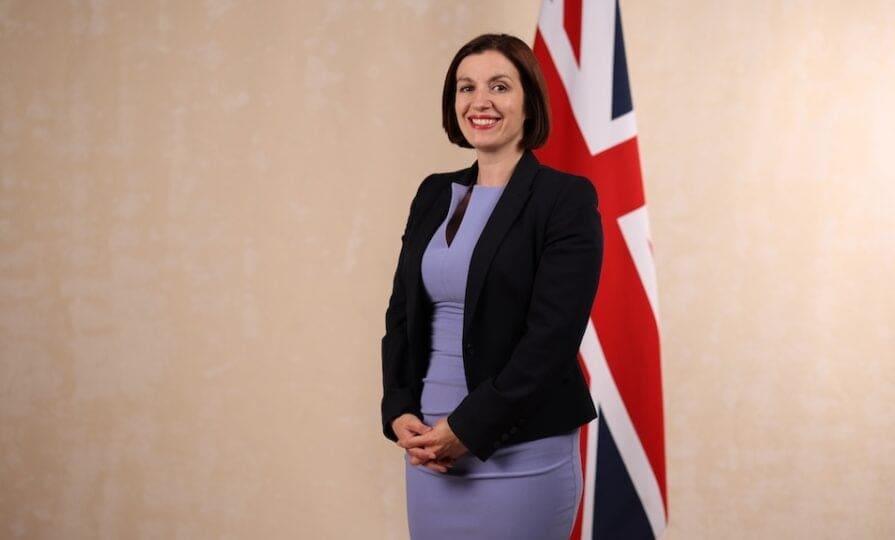Government outlines overhaul of national curriculum
The revised curriculum will be introduced for first teaching from September 2028, with the final version due to be published in spring 2027 to allow schools time to prepare

Register to get 1 free article
Reveal the article below by registering for our email newsletter.
Want unlimited access? View Plans
Already have an account? Sign in
The government has set out plans to reform England’s national curriculum, aiming to equip children and young people with stronger core skills and practical knowledge for life and work.
The changes follow recommendations from professor Becky Francis’s Curriculum and Assessment Review, published today (5 November), and are intended to raise school standards and broaden opportunities under the government’s Plan for Change.
The revised curriculum will be introduced for first teaching from September 2028, with the final version due to be published in spring 2027 to allow schools time to prepare.
Under the proposals, pupils will be taught a wider range of life and digital skills alongside the basics of reading, science and maths. Primary children will learn about media literacy, including how to recognise misinformation and disinformation, and will receive lessons in financial education.
A new statutory reading test will be introduced in year 8 and the year 6 writing assessment strengthened to identify pupils needing additional support. Around one in four children currently leave primary school without being able to read fluently, the government said.
Arts subjects will be given equal status to humanities and languages at GCSE level, and schools will be encouraged to offer triple science as standard. The government is also exploring a new qualification in data science and artificial intelligence for 16- to 18-year-olds.
A “core enrichment entitlement” will guarantee access for all pupils to activities across five areas – civic engagement, arts and culture, nature and adventure, sport, and life skills. Schools will be expected to meet new enrichment benchmarks, with Ofsted considering progress as part of routine inspection.
Education secretary Bridget Phillipson said the reforms would “help young people step boldly into the future” by ensuring schools “are an epicentre of the strongest possible foundations of knowledge, and the skills to excel in the modern world”.
Further changes include making citizenship compulsory in primary schools and replacing the existing computer science GCSE with a broader computing qualification. The government will also publish new frameworks for oracy to support teaching across all key stages.
The review recommends dropping the English Baccalaureate performance measure to encourage pupils to take a broader range of subjects. The new national curriculum will be fully digital and machine-readable to help teachers design and sequence lessons.
Ruth Marvel, chief executive of the Duke of Edinburgh’s Award, described the enrichment commitment as “a watershed moment that will ensure every pupil, no matter their background, can experience an enriched education”.
Kate Varah, co-chief executive of the National Theatre, said the reforms would “put the arts and creativity back at the heart of school life” and ensure equal access to high-quality arts education.
In addition, Sir Hamid Patel, chief executive of Star Academies, said the government’s response showed “principled determination to build on the very best practice that has been developed by schools”.






